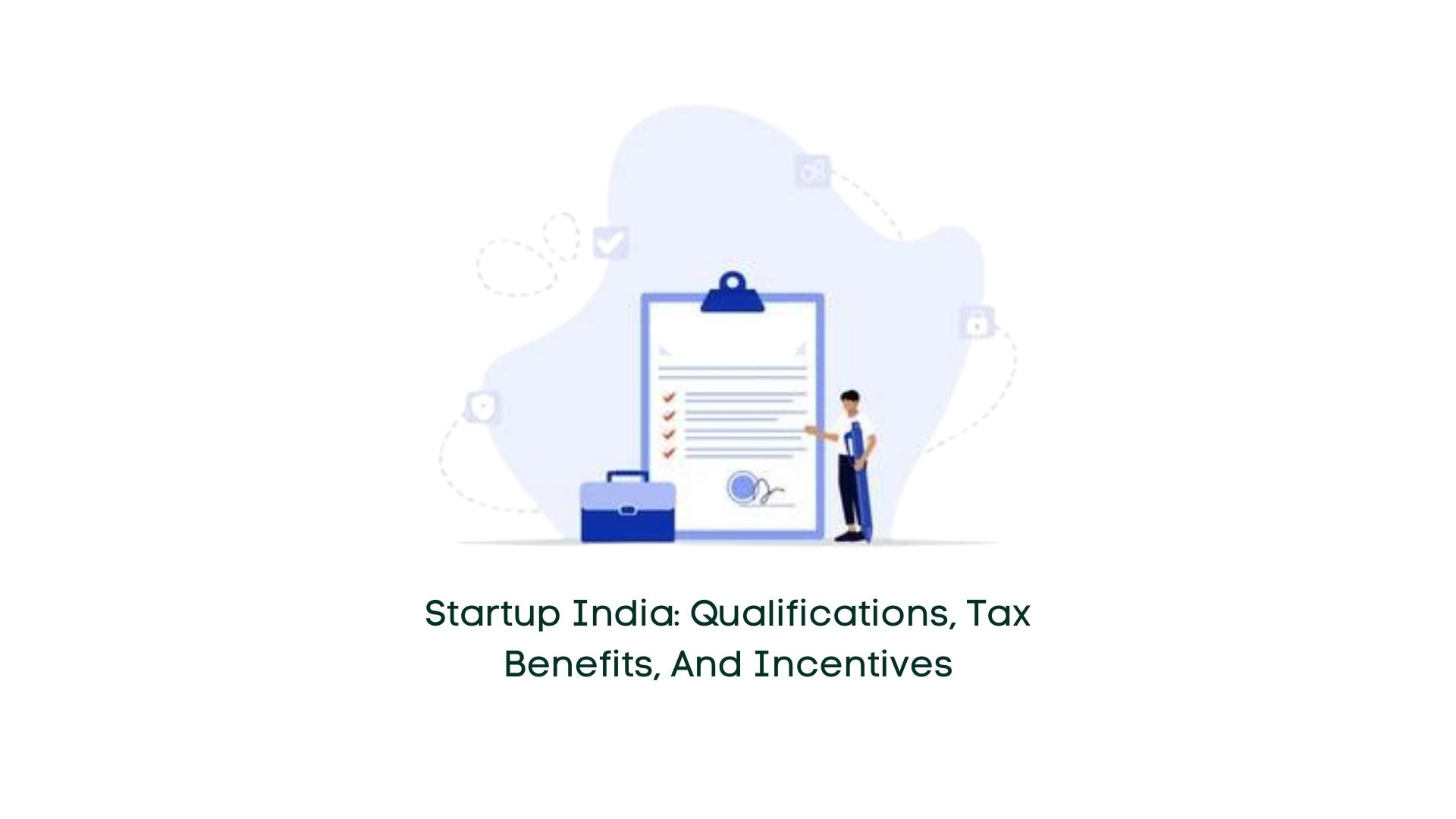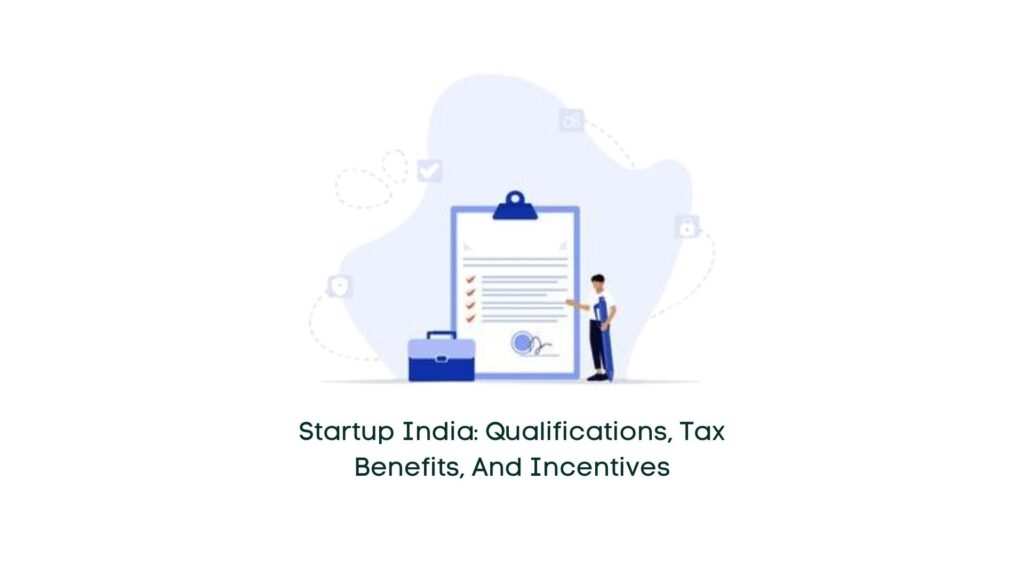
02 Mar Startup India: Qualifications, Tax Benefits, and Incentives

In the realm of entrepreneurship, the Startup India initiative, spearheaded by Prime Minister Narendra Modi in 2016, emerged as a beacon of support for burgeoning businesses in India. This comprehensive plan aimed to facilitate bank financing for startups, streamline the incorporation process, and offer various tax exemptions and perks to eligible startups.
However, accessing these benefits hinges on meeting the criteria of being an ‘Eligible Startup’. Let’s delve into the prerequisites necessary to qualify as one.
Eligibility Criteria for Startup India
To qualify as a Startup under the Startup India Action plan, ventures must adhere to the following conditions:
- Limited Operational Period: The startup must not exceed a decade from its date of incorporation or registration.
- Legal Structure: It should be structured as a private limited company, partnership firm, or limited liability partnership.
- Revenue Threshold: The annual turnover should not surpass Rs. 100 crore since its inception.
- Innovative Endeavors: The startup should be engaged in innovation, product/process development, or possess a scalable business model conducive to employment generation or wealth creation.
- Origination Clause: It should not be a result of splitting up or reconstructing an existing business.
Tax Exemptions for Eligible Startups under Startup India Program
Qualified startups enjoy a gamut of tax exemptions, including:
- Three-year Tax Holiday: Startups incorporated between April 1, 2016, and March 31, 2022, are eligible for a three-year tax holiday within a block of seven years, entailing a 100% tax rebate on profits, provided their annual turnover doesn't exceed Rs. 25 crores.
- Long-term Capital Gains Exemption: Eligible startups can avail exemption from tax on long-term capital gains by investing in notified funds within six months from asset transfer, subject to a maximum investment limit of Rs. 50 lakh, which must remain invested for three years.
- Tax Exemption on Investments Above Fair Market Value: Investments exceeding fair market value in eligible startups, including those by resident angel investors and incubators, are exempt from tax.
- Tax Exemption for Individuals/HUFs under Section 54GB: Amendments to Section 54GB extend tax exemption on capital gains from residential property sales to investments in eligible startups, provided the shares aren't sold within five years of acquisition, fostering investment and growth in these startups.
- Set-off of Carry Forward Losses and Capital Gains: Eligible startups can carry forward losses if shareholders retain voting shares, with relaxed restrictions on shareholding patterns, facilitating continued growth.
These tax incentives and exemptions serve as catalysts for fostering a conducive environment for startup growth and innovation in India, propelling the nation towards entrepreneurial excellence.


No Comments